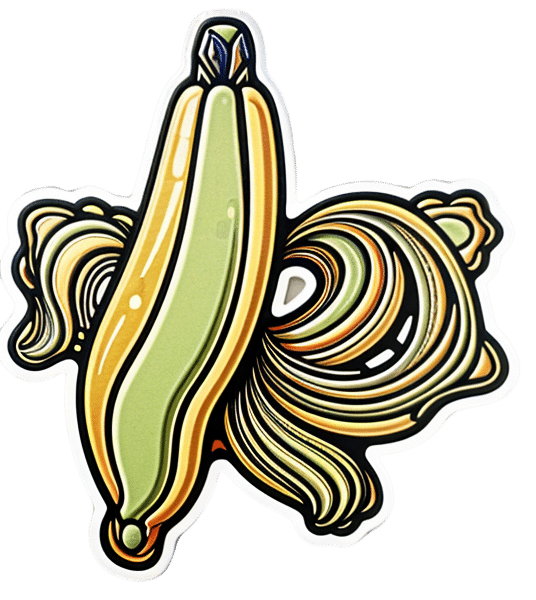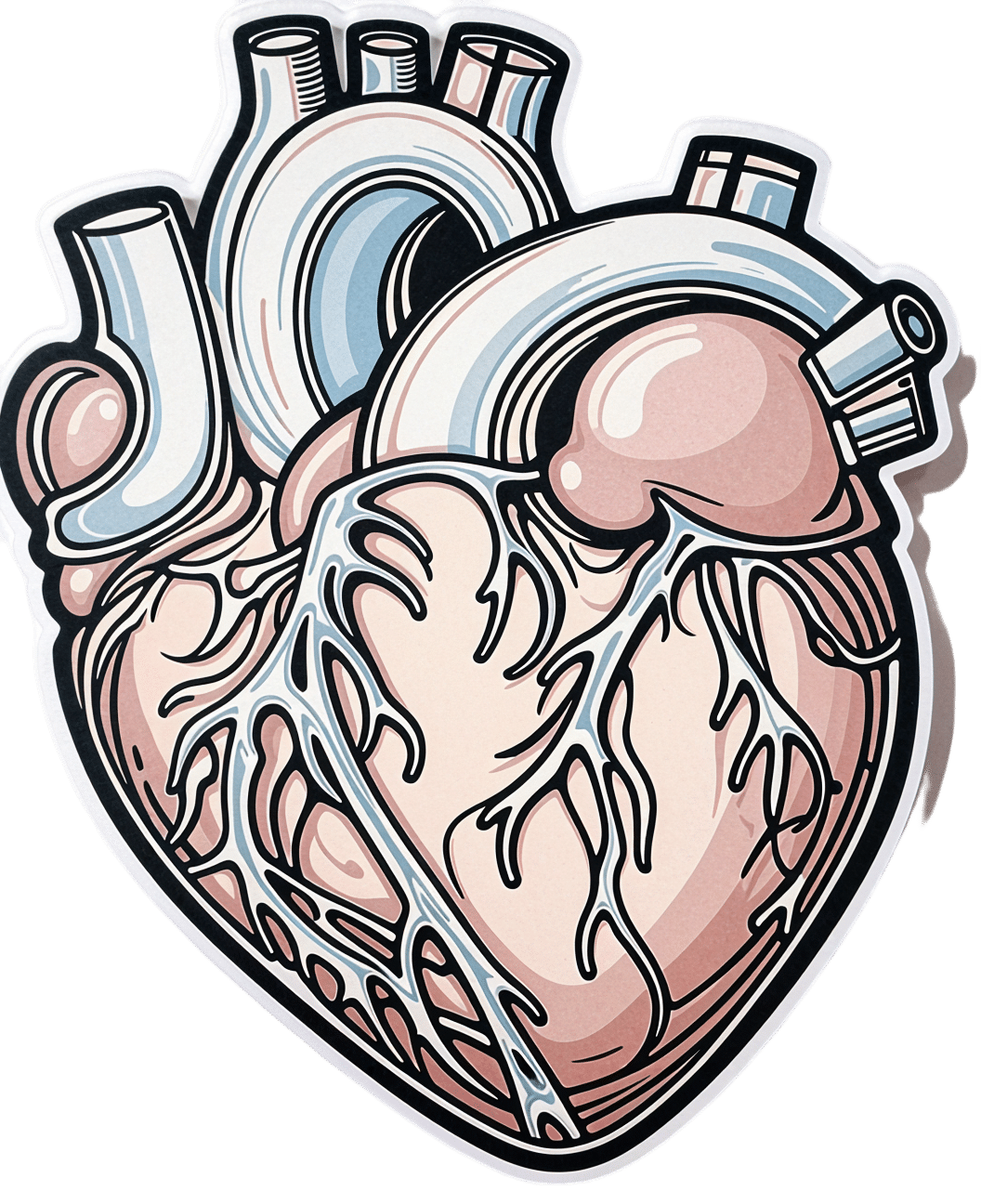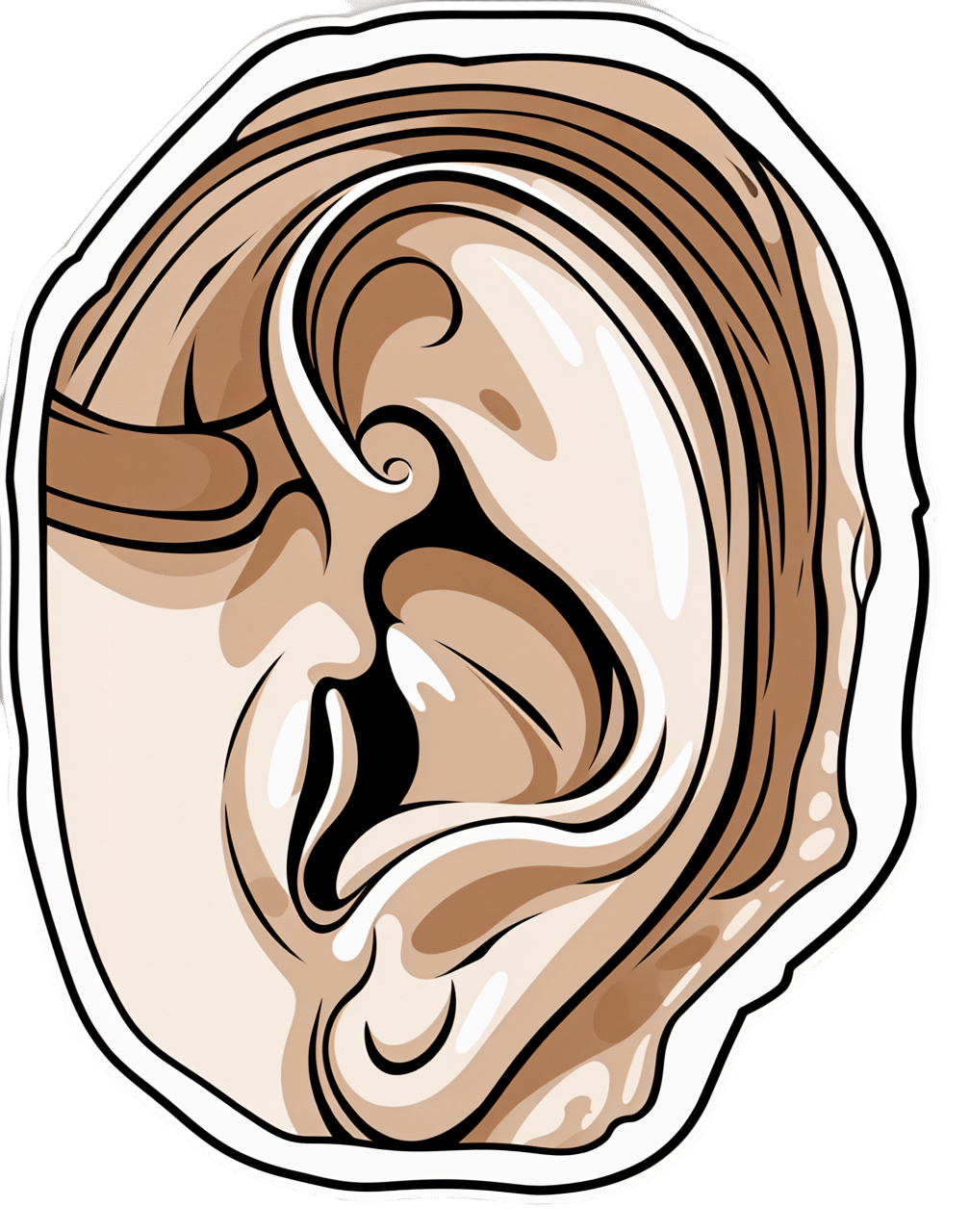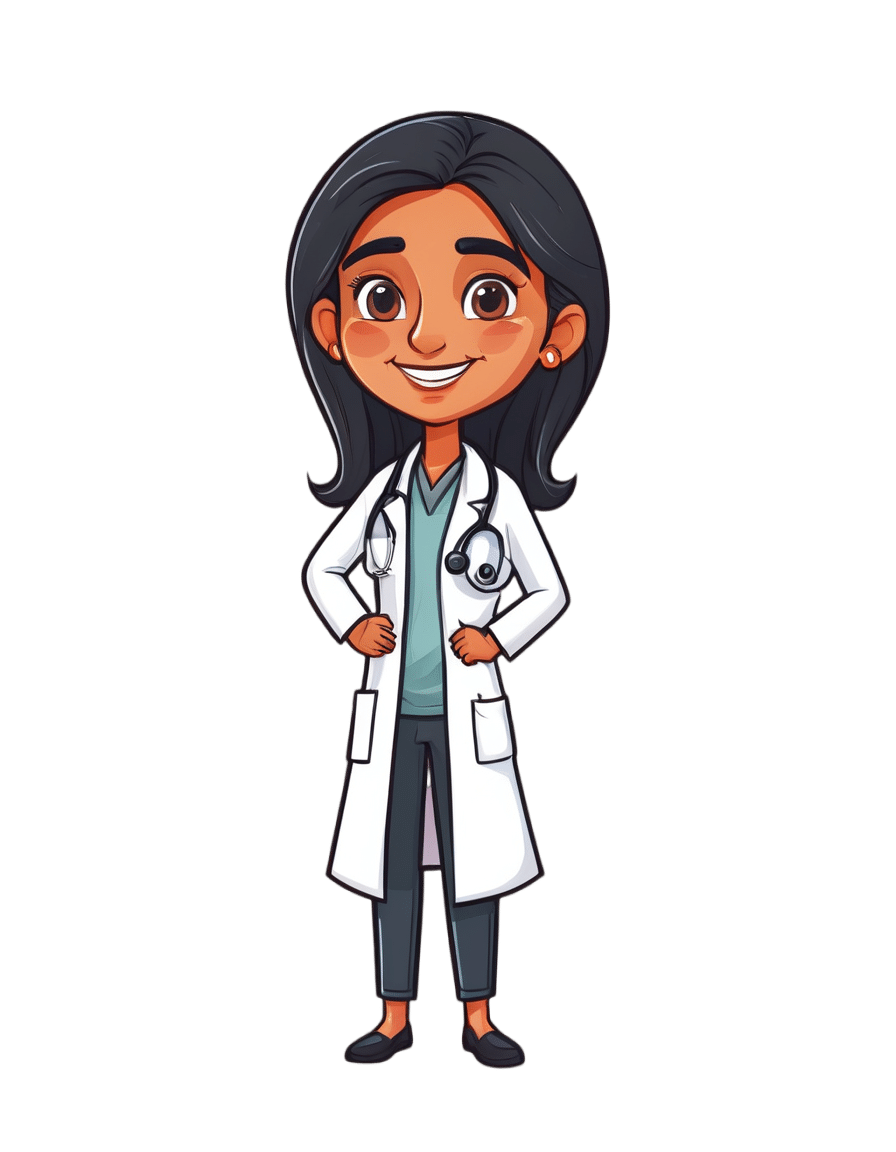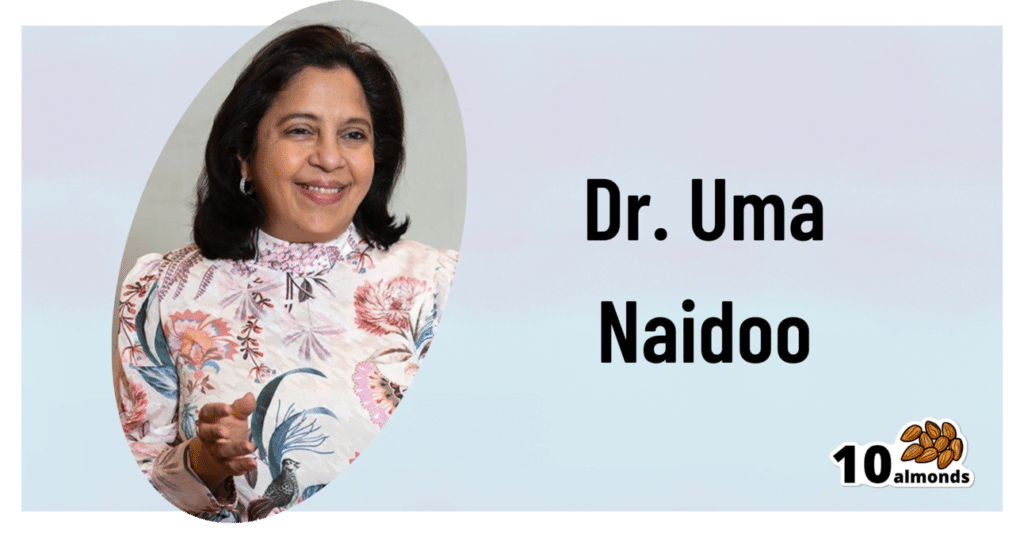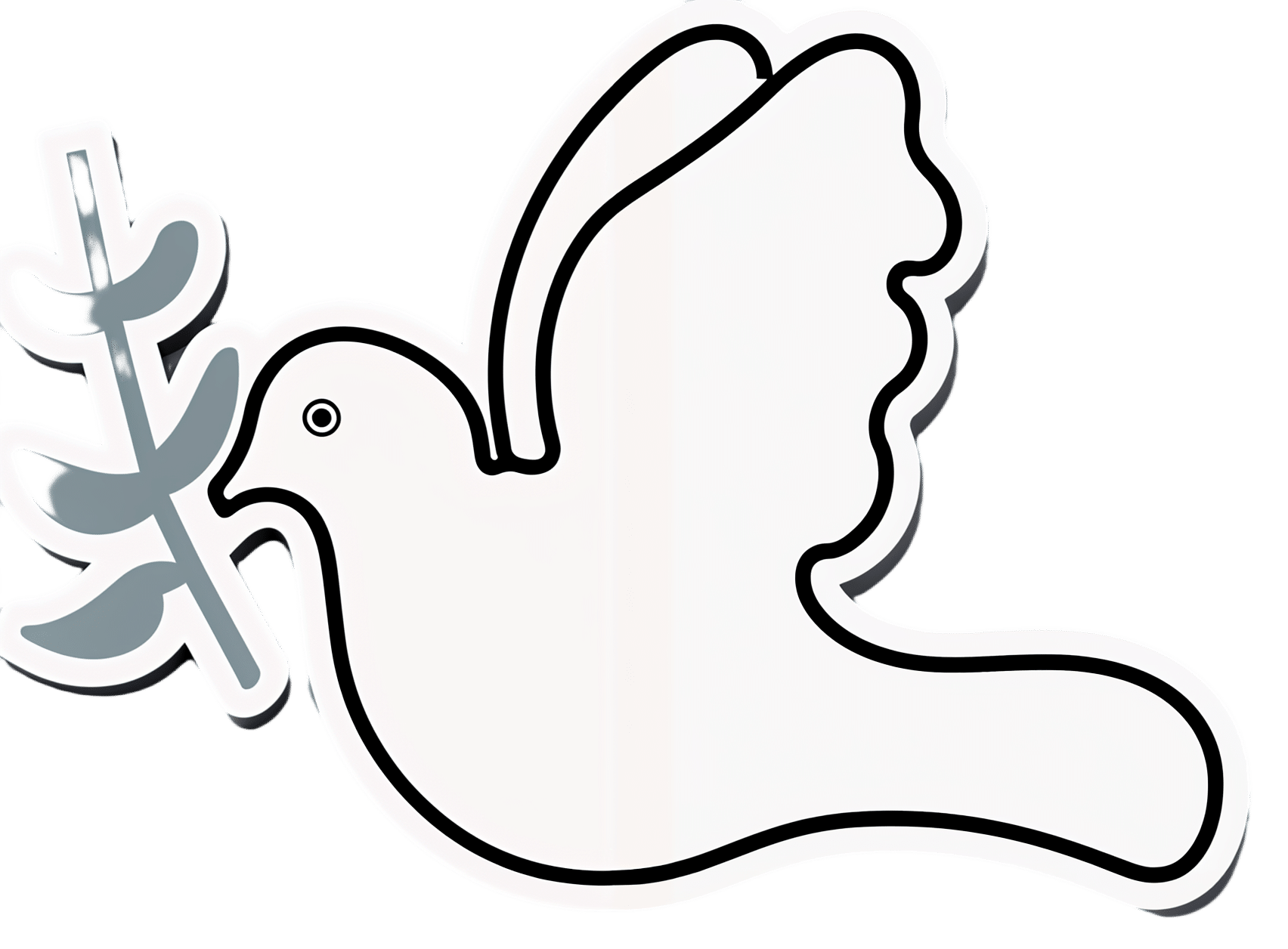
To Err Is Human; To Forgive, Healthy
10almonds is reader-supported. We may, at no cost to you, receive a portion of sales if you purchase a product through a link in this article.
How To Forgive (And Why)
There’s an old saying that holding onto a grudge is like drinking poison and expecting the other person to die. If only it were so simple and easy as just choosing to let go!
But it’s not, is it?
When people have wronged us and/or wronged our loved ones, it’s hard to forgive, especially if they have not changed. For that matter, it can be hard to forgive ourselves for mistakes that we made, too.
Either way, “drinking that poison” can be close to literal, in terms of what harboring such anger and resentment can do for our cortisol levels.
So, what to do about it?
If you have a dialogue with the person, our previous article on communication may help a lot.
If you don’t, there are various other angles that can be taken:
The Unsent Letter
You can even send it, if you like, but it’s not the point here. The idea is to write to the person, expressing your grievances. But, (as per the above-linked article on communication) try to focus at least as much on your feelings as their actions. “When you did/said x, I felt y”, etc.
This is important for helping you process your feelings. If you send the letter, it’s also important for the other person to be able to understand your feelings.
Sometimes, we feel the things we do so strongly because we don’t have an outlet for them. Pouring out our emotions in such a fashion, on the other hand, means (to labor the metaphor) they’re no longer bottled up. Even just in and of itself, that can provide us a lot of relief.
And when we the negative emotions are no longer such high pressure, it can be easier to let go of them.
Mindfulness
Following on from the above idea, a good strategy can be simply sitting and feeling everything you need to feel, noticing it without judgement, like a curious observer.
Sometimes what we need is just to be heard, and that starts with hearing ourselves.
Compassion
There’s a Buddhist exercise that involves actively feeling compassion for three people: a loved one, a stranger, and an enemy. Many people report that it’s actually harder to feel compassion for a random stranger, than an enemy. Why? Because we don’t know them; we don’t know what’s good and bad about them in our estimation.
If you’re reading this because you want to be able to gain the peace of being able to forgive someone (even if that someone is yourself), then in at least some respect right now, that person is in the “enemy” category. So how do we unpack that?
To err is human. Everybody screws up sometimes. And also, everyone has a reason (or a complex of reasons) for acting the way they do. This does not mean that those reasons excuse the behavior, but it can explain it.
You don’t get angry at a storm for soaking you through. Even if you might not understand the physics of it in the way a meteorologist might, you understand that there were things that led to that, and you were just in the wrong place at the wrong time.
So why do we get angry at someone else for wronging us? Even if we might not understand the personal background of it in the way their psychologist or therapist might, we (hopefully) understand that there were things that caused them to be the way they were, and we were just in the wrong place at the wrong time.
And ourselves? We probably know, when we made a mistake, why we made it. Maybe we were afraid, insecure, reactive, forgetful, or too focused on some other thing. Whatever it was, we did our best at the time and, apparently, our best wasn’t as good as we’d like.
If we didn’t deserve forgiveness, we wouldn’t be critical of our past selves in the first place.
And, the science is very clear that it’s important for our health for other reasons besides cortisol management, too.
And as for others? They did the best they knew how. Maybe they were afraid, insecure, reactive, forgetful, or too focused on some other thing. Same story, different character.
Remembering that can be key to “accepting the apology we never received”.
Forgiving without forgetting
Developing the ability to forgive is a useful tool for our own mental health. It doesn’t mean we must or even should make ourselves a doormat.
“I forgive you” does not have to mean a clean slate; it means remembering that the thing happened, and just not holding on to the anger/resentment associated with it.
It may be water under the bridge now, but it might have been a devastatingly destructive wave at the time, and continuing to acknowledge truth that is sensible. Just, from a position of peace now, hopefully.
Don’t Forget…
Did you arrive here from our newsletter? Don’t forget to return to the email to continue learning!
Recommended
Learn to Age Gracefully
Join the 98k+ American women taking control of their health & aging with our 100% free (and fun!) daily emails:
-
Coconut & Lemongrass Protein Soup
10almonds is reader-supported. We may, at no cost to you, receive a portion of sales if you purchase a product through a link in this article.
The main protein here is pea protein, but the soup’s health benefits don’t stop there. With healthy MCTs from the coconut, as well as phytochemical benefits from the ginger and chili, this wonderfully refreshing soup has a lot to offer.
You will need
- 1 can coconut milk
- 1 cup vegetable stock (making your own, or buying a low-sodium option)
- 1 cup frozen petits pois
- 1 oz fresh ginger, roughly chopped
- ½ oz lemongrass stalk, crumpled without being broken into multiple pieces
- 1 red chili, roughly chopped
- 1 tbsp white miso paste
- zest and juice of 1 lime
- Optional: garnish of your choice
Method
(we suggest you read everything at least once before doing anything)
1) Mix the coconut milk, vegetable stock, ginger, and chili in a saucepan, and simmer for 15 minutes
2) Remove the lemongrass and ginger (and the chili if you don’t want more heat), and add the petit pois. Bring back to a simmer for about 2 minutes more, stir in the miso paste and lime, then take off the heat.
3) Blend the soup to a smooth purée. Since it is hot, you will need to either use a stick blender, or else a food processor that is ok with blending hot liquids (many are not, so don’t use yours unless you’re sure, as it might explode if it’s not made for that). Alternatively, you can let it cool, blend it, and then reheat it.
4) Serve, adding a garnish if you so wish:
Enjoy!
Want to learn more?
For those interested in some of the science of what we have going on today:
- Can Saturated Fats Be Healthy?
- Ginger Does A Lot More Than You Think
- Capsaicin For Weight Loss And Against Inflammation
Take care!
Share This Post
-
HRT & Your Heart
10almonds is reader-supported. We may, at no cost to you, receive a portion of sales if you purchase a product through a link in this article.
It’s Q&A Day at 10almonds!
Have a question or a request? We love to hear from you!
In cases where we’ve already covered something, we might link to what we wrote before, but will always be happy to revisit any of our topics again in the future too—there’s always more to say!
As ever: if the question/request can be answered briefly, we’ll do it here in our Q&A Thursday edition. If not, we’ll make a main feature of it shortly afterwards!
So, no question/request too big or small
❝So the reason that someone on estrogen has a slightly higher chance of a heart attack is…what? Is it just because there’s a higher body fat?❞
There shouldn’t be higher chance of a heart attack once everything’s been taken into account, and indeed estrogen has some cardioprotective benefits, along with competing properties, e.g:
❝The cardiovascular effects of estrogen require a careful balancing act between possible advantages, such as enhanced lipid profiles and vascular function, and possible concerns, like increased thrombotic risk.
Estrogen has cardioprotective properties in premenopausal women❞
Source: The Relationship Between Myocardial Infarction and Estrogen Use: A Literature Review
The risks and benefits of HRT are numerous, and/but a lot of the risks are associated only with animal-derived HRT rather bioidentitical, so you might want to check out our previous article:
HRT: A Tale Of Two Approaches (Bioidentical vs Animal)
Would you like this section to be bigger? If so, send us more questions!
Share This Post
-
5 Ways To Avoid Hearing Loss
10almonds is reader-supported. We may, at no cost to you, receive a portion of sales if you purchase a product through a link in this article.
Hear Ye, Hear Ye
Hearing loss is often associated with getting older—but it can strike at any age. In the US, for example…
- Around 13% of adults have hearing difficulties
- Nearly 27% of those over 65 have hearing difficulties
Complete or near-complete hearing loss is less common. From the same source…
- A little under 2% of adults in general had a total or near-total inability to hear
- A little over 4% of those over 65 had a total or near-total inability to hear
Source: CDC | Hearing Difficulties Among Adults: United States, 2019
So, what to do if we want to keep our hearing as it is?
Avoid loud environments
An obvious one, but it bears stating for the sake of being methodical. Loud environments damage our ears, but how loud is too loud?
You can check how loud an environment is by using a free smartphone app, such as:
Decibel Pro: dB Sound Level Meter (iOS / Android)
An 82 dB environment is considered safe for 16 hours. That’s the equivalent of, for example moderate traffic.
Every 3 dB added to that halves the safe exposure time, for example:
- An 85 dB environment is considered safe for 8 hours. That’s the equivalent of heavier traffic, or a vacuum cleaner.
- A 94 dB environment is considered safe for 1 hour. That might be a chainsaw, a motorcycle, or a large sporting event.
Many nightclubs or concert venues often have environments of 110 dB and more. So the safe exposure time would be under two minutes.
Source: NIOSH | Noise and Hearing Loss
With differences like that per 3 dB increase, then you may want to wear hearing protection if you’re going to be in a noisy environment.
Discreet options include things like these -20 dB silicone ear plugs that live in a little case on one’s keyring.
Stop sticking things in your ears
It’s said “nothing smaller than your elbow should go in your ear canal”. We’ve written about this before:
What’s Good (And What’s Not) Against Earwax
Look after the rest of your health
Our ears are not islands unaffected by the rest of our health, and indeed, they’re larger and more complex organs than we think about most of the time, since we only tend to think about the (least important!) external part.
Common causes of hearing loss that aren’t the percussive injuries we discussed above include:
- Diabetes
- High blood pressure
- Smoking
- Infections
- Medications
Lest that last one sound a little vague, it’s because there are hundreds of medications that have hearing loss as a potential side-effect. Here’s a list so you can check if you’re taking any of them:
List of Ototoxic Medications That May Cause Tinnitus or Hearing Loss
Get your hearing tested regularly.
There are online tests, but we recommend an in-person test at a local clinic, as it won’t be subject to the limitations and quirks of the device(s) you’re using. Pretty much anywhere that sells hearing aids will probably offer you a free test, so take advantage of it!
And, more generally, if you suddenly notice you lost some or all of your hearing in one or more ears, then get thee to a doctor, and quickly.
Treat it as an emergency, because there are many things that can be treated if and only if they are caught early, before the damage becomes permanent.
Use it or lose it
This one’s important. As we get older, it’s easy to become more reclusive, but the whole “neurons that fire together, wire together” neuroplasticity thing goes for our hearing too.
Our brain is, effectively, our innermost hearing organ, insofar as it processes the information it receives about sounds that were heard.
There are neurological hearing problems that can show up without external physical hearing damage (auditory processing disorders being high on the list), but usually these things are comorbid with each other.
So if we want to maintain our ability to process the sounds our ears detect, then we need to practice that ability.
Important implication:
That means that if you might benefit from a hearing aid, you should get it now, not later.
It’s counterintuitive, we know, but because of the neurological consequences, hearing aids help people retain their hearing, whereas soldiering on without can hasten hearing loss.
On the topic of hearing difficulty comorbidities…
Tinnitus (ringing in the ears) is, paradoxically, associated with both hearing loss, and with hyperacusis (hearing supersensitivity, which sounds like a superpower, but can be quite a problem too).
Learn more about managing that, here:
Tinnitus: Quieting The Unwanted Orchestra In Your Ears
Take care!
Share This Post
Related Posts
-
The 6 Pillars Of Nutritional Psychiatry
10almonds is reader-supported. We may, at no cost to you, receive a portion of sales if you purchase a product through a link in this article.
Dr. Naidoo’s To-Dos
This is Dr. Uma Naidoo. She’s a Harvard-trained psychiatrist, professional chef graduating with her culinary school’s most coveted award, and a trained nutritionist. Between those three qualifications, she knows her stuff when it comes to the niche that is nutritional psychiatry.
She’s also the Director of Nutritional and Lifestyle Psychiatry at Massachusetts General Hospital (MGH) & Director of Nutritional Psychiatry at MGH Academy while serving on the faculty at Harvard Medical School.
What is nutritional psychiatry?
Nutritional psychiatry is the study of how food influences our mood (in the short term) and our more generalized mental health (in the longer term).
We recently reviewed a book of hers on this topic:
This Is Your Brain On Food – by Dr. Uma Naidoo
The “Six Pillars” of nutritional psychiatry
Per Dr. Naidoo, these are…
Be Whole; Eat Whole
Here Dr. Naidoo recommends an “80/20 rule”, and a focus on fiber, to keep the gut (“the second brain”) healthy.
See also: The Brain-Gut Highway: A Two-Way Street
Eat The Rainbow
This one’s simple enough and speaks for itself. Very many brain-nutrients happen to be pigments, and “eating the rainbow” (plants, not Skittles!) is a way to ensure getting a lot of different kinds of brain-healthy flavonoids and other phytonutrients.
The Greener, The Better
As Dr. Naidoo writes:
❝Greens contain folate, an important vitamin that maintains the function of our neurotransmitters. Its consumption has been associated with a decrease in depressive symptoms and improved cognition.❞
Tap into Your Body Intelligence
This is about mindful eating, interoception, and keeping track of how we feel 30–60 minutes after eating different foods.
Basically, the same advice here as from: The Kitchen Doctor
(do check that out, as there’s more there than we have room to repeat here today!)
Consistency & Balance Are Key
Honestly, this one’s less a separate item and is more a reiteration of the 80/20 rule discussed in the first pillar, and an emphasis on creating sustainable change rather than loading up on brain-healthy superfoods for half a weekend and then going back to one’s previous dietary habits.
Avoid Anxiety-Triggering Foods
This is about avoiding sugar/HFCS, ultra-processed foods, and industrial seed oils such as canola and similar.
As for what to go for instead, she has a broad-palette menu of ingredients she recommends using as a base for one’s meals (remember she’s a celebrated chef as well as a psychiatrist and nutritionist), which you can check out here:
Dr. Naidoo’s “Food for Mood” project
Enjoy!
Don’t Forget…
Did you arrive here from our newsletter? Don’t forget to return to the email to continue learning!
Learn to Age Gracefully
Join the 98k+ American women taking control of their health & aging with our 100% free (and fun!) daily emails:
-
What Are “Adaptogens” Anyway? (And Other Questions Answered)
10almonds is reader-supported. We may, at no cost to you, receive a portion of sales if you purchase a product through a link in this article.
It’s Q&A Day at 10almonds!
Have a question or a request? You can always hit “reply” to any of our emails, or use the feedback widget at the bottom!
In cases where we’ve already covered something, we might link to what we wrote before, but will always be happy to revisit any of our topics again in the future too—there’s always more to say!
As ever: if the question/request can be answered briefly, we’ll do it here in our Q&A Thursday edition. If not, we’ll make a main feature of it shortly afterwards!
So, no question/request too big or small
❝I tried to use your calculator for heart health, and was unable to enter in my height or weight. Is there another way to calculate? Why will that field not populate?❞
(this is in reference to yesterday’s main feature “How Are You, Really? And How Old Is Your Heart?“)
How strange! We tested it in several desktop browsers and several mobile browsers, and were unable to find any version that didn’t work. That includes switching between metric and imperial units, per preference; both appear to work fine. Do be aware that it’ll only take numerical imput, though.
Did anyone else have this problem? Let us know! (You can reply to this email, or use the handy feedback widget at the bototm)
❝I may have missed it, but how much black pepper provides benefits?❞
So, for any new subscribers joining us today, this is about two recent main features:
As for a daily dosage of black pepper, it varies depending on the benefit you’re looking for, but:
- 5–20mg of piperine is the dosage range used in most scientific studies we looked at
- 10mg is a very common dosage found in many popular supplements
- That’s the mass of piperine though, so if taking it as actual black pepper rather than as an extract, ½ teaspoon is considered sufficient to enjoy benefits.
❝I loved the health benefits of pepper. I do not like pepper. Where can I get it as a supplement?❞
You can simply buy whole black peppercorns and take a few with water as though they were tablets. Your stomach acid will do the rest. Black pepper is also good for digestion, so taking it with a meal is best.
You can buy piperine (black pepper extract) by itself as a supplement in powder form, but if you don’t like black pepper, you will probably not like this powder either. We couldn’t find it readily in capsule form.
You can buy piperine (black pepper extract) as an adjunct to other supplements, with perhaps the most common/popular being turmeric capsules that also contain 10mg (or more) piperine per capsule. Shop around if you like, but here’s one that has 15mg piperine* per capsule, for example.
*They call it “Bioperine®” but that is literally just piperine. Same goes if you see “Absorbagen™”, it’s still just piperine.
❝What do you mean when you say that something is adaptogenic?❞
Simple version: it means it helps the body adapt to stress, by adjusting the body’s natural responses. Thus, adaptogenic supplements can be contrasted with tranquilizing drugs that mask stress by brute force, for example.
Technical version: adaptogenic activity refers to improving physiological stress resilience, such as by moderating and modulating hypothalamic–pituitary–adrenal axis signaling, and/or by regulating levels of endogenic compounds involved in the cellular stress response.
Read more (technical version):
Read more (simple version):
European Medicines Agency’s Reflection Paper On The Adaptogenic Concept
Enjoy!
Don’t Forget…
Did you arrive here from our newsletter? Don’t forget to return to the email to continue learning!
Learn to Age Gracefully
Join the 98k+ American women taking control of their health & aging with our 100% free (and fun!) daily emails:
-
Anxiety Attack vs Panic Attack: Do You Know The Difference?
10almonds is reader-supported. We may, at no cost to you, receive a portion of sales if you purchase a product through a link in this article.
The terms are sometimes used incorrectly, but have quite different meanings. Dr. Julie Smith, psychologist, explains in this short video:
Important distinctions
Anxiety attacks are not clinically recognized terms and lack a clear definition, often used to describe a build-up of anxiety before anticipated stressful events (e.g. social gatherings, medical appointments, etc, though of course what it is will vary from person to person—not everyone finds the same things stressful, or has the same kinds of anticipations around things).
Panic attacks, in contrast, are sudden surges of intense fear or discomfort that peak within minutes. They are characterized by symptoms including at least 4 of:
- palpitations
- sweating
- shortness of breath
- chest pain
- dizziness
- fear of losing control or dying
There’s a misconception that panic attacks never have identifiable triggers while anxiety attacks always do.
In reality, both can occur with or without a clear cause. Panic attacks can arise from various conditions, including trauma, OCD, or phobias, and don’t necessarily mean you have a panic disorder. They can also occur as a drug response, without any known underlying psychological condition.
You may also notice that that list of symptoms has quite a bit of overlap with the symptoms of a heart attack, which a) does not help people to calm down b) can, on the flipside, cause a heart attack to be misdiagnosed as a panic attack.
In terms of management:
- In the moment: breathing exercises, like extending your exhalation (a common example is the “7-11” method, inhaling for 7 seconds and exhaling for 11 seconds), can calm the body and reduce panic symptoms.
- More generally: to prevent panic attacks from becoming more frequent, avoid avoiding safe environments that triggered an attack, like supermarkets or social gatherings. Gradual exposure helps reduce anxiety over time, while avoidance can worsen it.
If panic attacks persist, Dr. Smith advises to seek help from a doctor or psychologist to understand their root causes and develop effective coping strategies.
For more on all of this, enjoy:
Click Here If The Embedded Video Doesn’t Load Automatically!
Want to learn more?
You might also like to read:
Take care!
Don’t Forget…
Did you arrive here from our newsletter? Don’t forget to return to the email to continue learning!
Learn to Age Gracefully
Join the 98k+ American women taking control of their health & aging with our 100% free (and fun!) daily emails:

